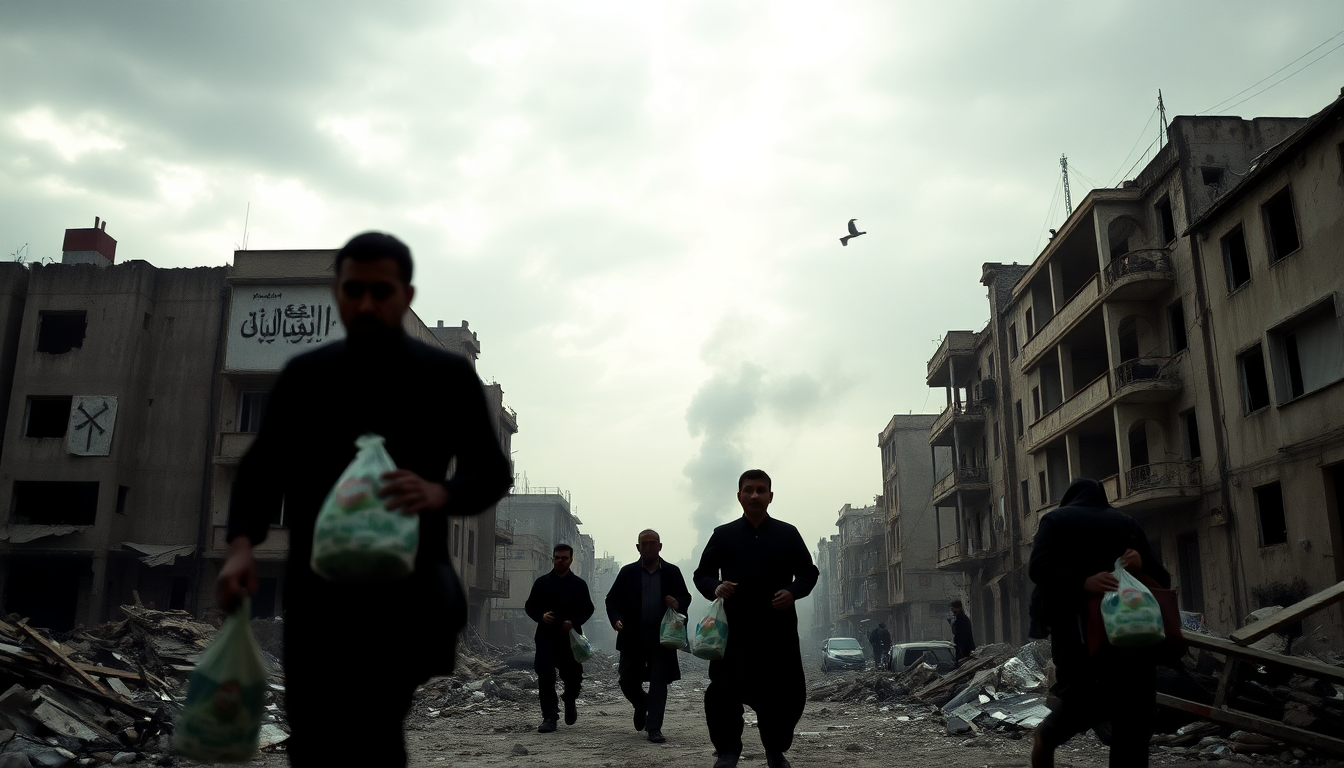Table of Contents
The humanitarian situation in Gaza has reached alarming levels, with severe starvation and relentless military assaults taking a significant toll. As Israeli forces ramp up their operations, nearly a million residents find themselves trapped in this catastrophic environment. The ongoing blockade has restricted essential supplies, leading to a tragic loss of life and raising urgent questions about the future of the region and its inhabitants. How did we get here, and what can be done to help?
Current State of the Humanitarian Crisis
The United Nations reports that over 81 Palestinians have lost their lives due to Israeli attacks and forced starvation since the recent military actions began. Among these casualties are countless children, with the numbers continuing to climb as conditions worsen. The dire situation is compounded by an alarming lack of food, fuel, and medical supplies, all resulting from a stringent blockade that has persisted for years.
Shockingly, reports indicate that at least 269 individuals, including 112 children, have succumbed to hunger-related causes. The World Food Programme (WFP) has described this crisis as one of starvation—not just hunger—emphasizing the devastating effects of malnutrition, which can lead to lifelong developmental issues and higher mortality rates from common illnesses. Can you imagine growing up in such dire conditions?
Tragically, the humanitarian response is severely hindered by the ongoing violence. The UN agency for Palestinian refugees (UNRWA) has highlighted a staggering statistic: nearly one-third of children in Gaza City now suffer from malnutrition, a stark indicator of the extent of this crisis. As aid continues to be obstructed, the situation for the population becomes increasingly perilous. What will it take for the world to step in and help?
Consequences of Military Operations
The recent military strategy employed by Israel involves systematically targeting locations within Gaza City, including aid distribution points. This tactic has resulted in numerous civilian casualties, raising serious ethical concerns. It complicates humanitarian efforts and exacerbates the suffering of an already vulnerable population. Isn’t it heartbreaking that those trying to help are caught in the crossfire?
In the face of these challenges, civil defense teams in Gaza report struggling to respond to emergencies due to critical fuel shortages. Their ability to provide necessary services is compromised, leading to further humanitarian challenges amidst ongoing military operations. What happens when the helpers can’t help?
International responses to the crisis have varied, with many organizations calling for a ceasefire and immediate humanitarian access. The situation is further complicated by political tensions and differing narratives about who is responsible for the crisis. Israeli rights groups have made efforts to debunk claims from the Israeli government, which suggests the United Nations is to blame for the lack of aid. They argue that Israel’s control over aid entry is a significant factor in the ongoing catastrophe. So, who really holds the key to the solution?
The Global Response and Potential for Resolution
As the violence escalates and the humanitarian tragedy deepens, mediators like Qatar and Egypt are making concerted efforts to negotiate a ceasefire. However, the response from Israeli leadership has been lukewarm, raising concerns about the likelihood of resolving this ongoing conflict. The proposed framework for a ceasefire includes a 60-day truce and expanded aid access, but the Israeli government appears divided on the issue, with domestic pressures complicating the situation further. Can a divided leadership truly find a way forward?
The potential for resolution remains uncertain, and experts warn that without immediate intervention and a concerted effort from the international community, the crisis in Gaza could lead to further destabilization and loss of life. What can we do to ensure that this doesn’t happen?
In conclusion, the humanitarian crisis in Gaza reflects a complex interplay of military actions, political narratives, and dire living conditions. As the world watches, the call for a ceasefire and humanitarian intervention grows louder, underscoring the urgent need for action to alleviate the suffering of those trapped in this conflict. Will we stand by, or will we act?


